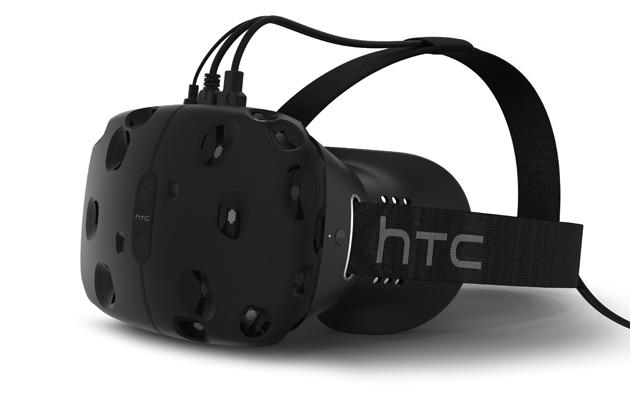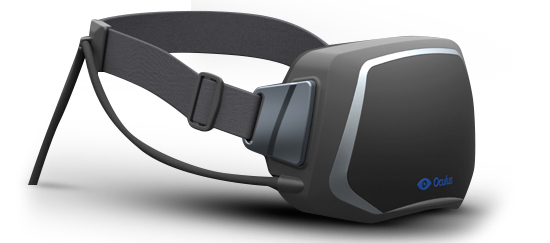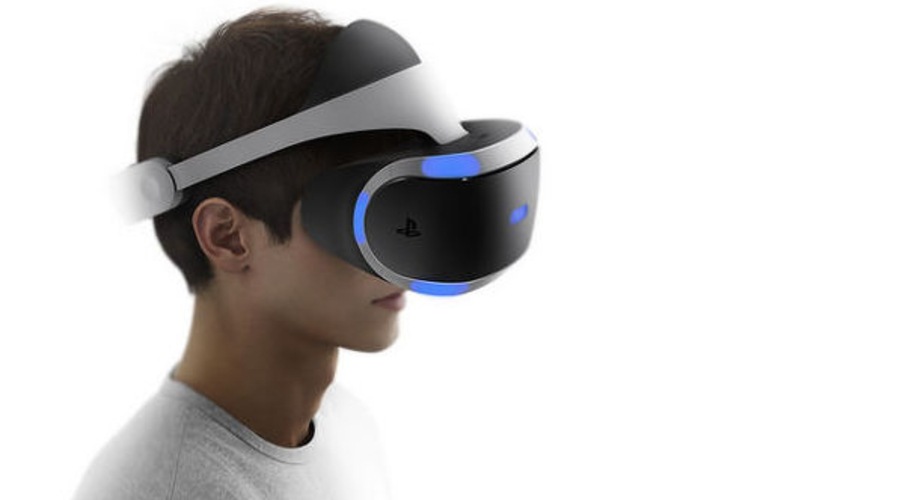After decades of discussion, it looks like the potential of virtual reality may finally be recognised by the television and gaming industries.
In recent years, consumers have seen their TV sets evolve from cumbersome boxes to flat screens, offering HD and 3D viewing options. Now virtual reality looks like it will be the next big technological development to hit viewers.
Virtual reality is the digital creation of a three dimensional world that someone can interact immersively within.
While numerous companies are working on virtual reality headsets, the predominant industry making all the progress is gaming. The results of venturing into this unknown territory could have a huge impact on how the television industry responds.
The Digital TV Group are holding a Virtual Reality forum in April with companies such as the BBC giving presentations on what they see as the opportunities and challenges of the new tech.
There is real potential for TV to capitalise on what could become a fast growing market.
Here's a run down of the VR systems in the pipeline coming to consumers in the near future:
 HTC Vive
HTC Vive
HTC Vive
HTC have teamed up with video game distributing company Valve to bring their own VR headset to the market.
Unlike its rivals Project Morpheus and Oculus Rift, the Vive will be available to purchase as early as Christmas 2015.
To create a more natural environment, images are shown at 90 frames per second meaning that objects will appear to move smoothly on screen, simulating reality. This is higher than the number of frames per second that most video game consoles currently run at.
The system has the advantage of utilizing Valve's existing framework for games distribution, Steam.
 Oculus originally got funding through Kickstarter
Oculus originally got funding through Kickstarter
Facebook's Oculus Rift
Initially funded by Kickstarter, Oculus saw immense growth and interest in its development kits after it was bought by Facebook for $2 billion in 2014.
While Oculus was the first to get its development kits out to the industry and members of the public who were keen to get their hands on the unfinished product, there is no date as to when its VR headset will be released to the mainstream consumer market. However Oculus have said that the release for the consumer product is "close."
Sony's Project Morpheus
Sony's Project Morpheus, which connects to a Playstation 4, is set to be released in 2016.
Their new product has reduced latency meaning that the images generated keep up with head movement.
The Project Morpheus runs at 120 fps. This is double the number of frames per second that most video game consoles currently run at.
What virtual reality means for television
While it's still early days for the technology, the potential for television is huge. How much investment the broadcasting industry will give these headsets will depend on their success in the gaming industry.
Should programme makers pick up on virtual reality, the way we view everything from news to sport could change beyond recognition, offering viewers the opportunity to become fully immersed in television content.
By Alastair Ballantyne

